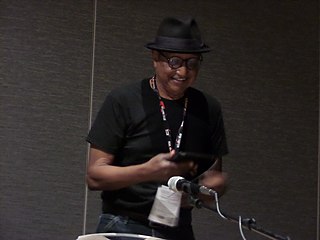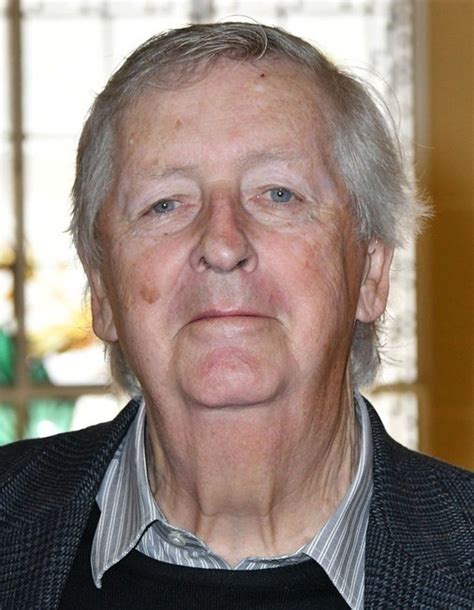A Quote by Woody Allen
I'm generally not a social dramatist or comedy writer. My interests have always been more in psychological stories or personal relations and comic ideas.
Related Quotes
I view my stories as sexual or personal. Curiously, I don't. When I was writing those stories I thought of them as comedy pieces in the vein of performance monologue, such as you might get with Richard Pryor, or Lenny Bruce, or George Carlin. So I don't feel vulnerable because I know the line of demarcation between "Writer Kevin" and "Narrative Kevin."
I knew what I wanted to do when I set out. I knew that I wanted to write a book that told the story, obviously. I wanted it be comedy first, because I felt like there already had been childhood druggy stories that were very serious, and I felt that the unique thing here was that I was a comic and I could tell the story with some levity, and I have been laughing at these stories my whole life.
You are saying, are you not, I said to Manuelito, that stories have more room in them than ideas? [...] He laughed. That is correct, Señor. It is as if ideas are made of blocks. Rigid and hard. And stories are made of a gauze that is elastic. You can almost see through it, so what is beyond is tantalizing. You can't quite make it out; and because the imagination is always moving forward, you yourself are constantly stretching. Stories are the way spirit is exercised.
The revolution of Jesus is in the first place and continuously a revolution of the human heart or spirit...it is a revolution of character which proceeds by changing people from the inside through ongoing personal relationship to God in Christ and to one another. It is one that changes their ideas, beliefs, feelings, and habits of choice, as well as their bodily tendencies and social relations. It penetrates to the deepest layer of their soul. External, social arrangements may be used to this end, but they are not the end, nor are they a fundamental part of the means






































